Study to address salary inequities among faculty and staff
Gabrielle Korein and Hannah Renton
Photo Illustration
Within the last decade, Loyola has suspended faculty retirement and pay raises in order to get the university budget balanced after experiencing financial difficulties. Now that Loyola is no longer losing money, administrators are conducting a compensation study to redirect funds accordingly.
The compensation study, a project that analyzes and compares existing pay inequities to similar universities, is a step towards Loyola’s goal of having pay structures that are both competitive in the marketplace and equitable for all employees, according to Carol Markowitz, chief operating officer and senior vice president of finance and administration.
There have not been meaningful pay increases in nearly a decade in order to recover Loyola’s footing in terms of its finances, according to Jonathan Peterson, chair of the university senate. To reallocate funds across the university, Loyola has reduced or eliminated retirement benefits for faculty and staff.
Peterson said that there are potential inequities in pay due to race and gender that Loyola is attempting to address via the study. In doing so, quality of work and life would improve for faculty, staff, and students, as higher pay for educators is associated with an increase in teachers’ cognitive skills which in turn leads to better student performance, according to EducationWeek.
Faculty and staff are anxious to learn the results of the study.
“Professors have definitely been talking about the study,” Peterson said. “What will happen after the study is completed is still to be decided, so there are lots of questions from faculty.”
Markowitz knows faculty and staff want to know the results of the study, but she said “it is critical that we take the time to make thoughtful decisions.”
Once the study has identified the salary issues across the university, Loyola will have to create a course of action to address wage gaps, likely starting with those whose compensation is the lowest, Markowitz said.
“Loyola needs to be competitive for the purpose of retaining faculty and staff and for the purpose of diversifying our faculty. The real question is going to be whether or not we can get ourselves into the position to address the issues that are uncovered by the study,” Peterson said.
Vice Provost Uriel Quesada works with the Office of Institutional Research and Effectiveness to provide accurate information about faculty and staff contracts and salaries on a regular basis. Quesada is continuing to do so to assist in finding current pay discrepancies among faculty and staff.
Quesada hopes that Loyola will be able to address salary and compensation issues that are affecting faculty and staff. Doing so will be a long-term project, he said.
“We are creating the foundation for a better future. That’s my hope. This compensation study is not only a step in the right direction, but it also honors Loyola’s value of justice,” Quesada said.




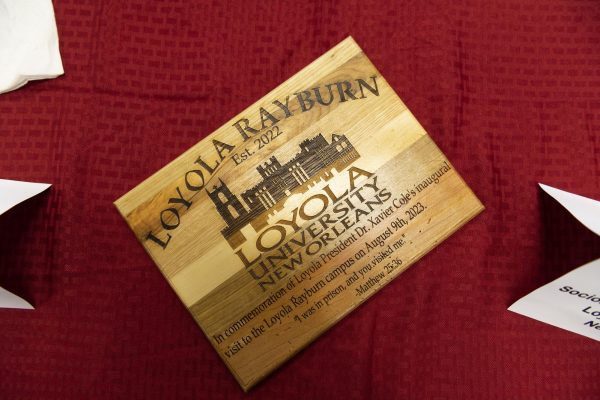
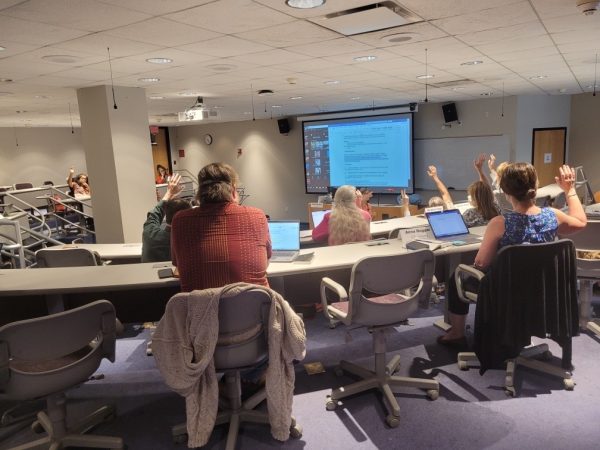
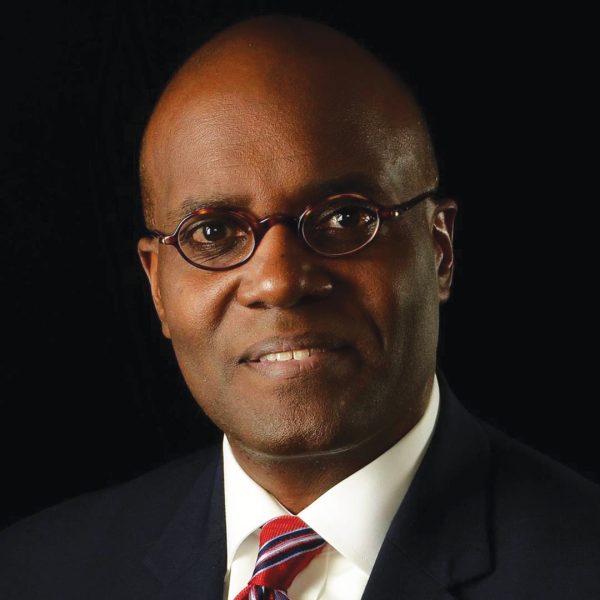
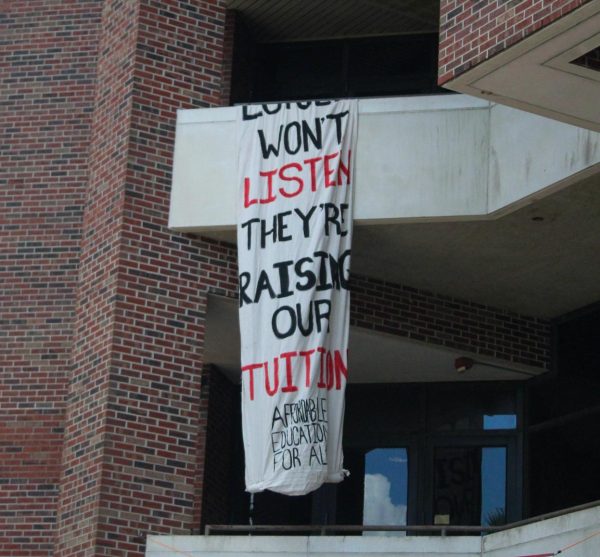
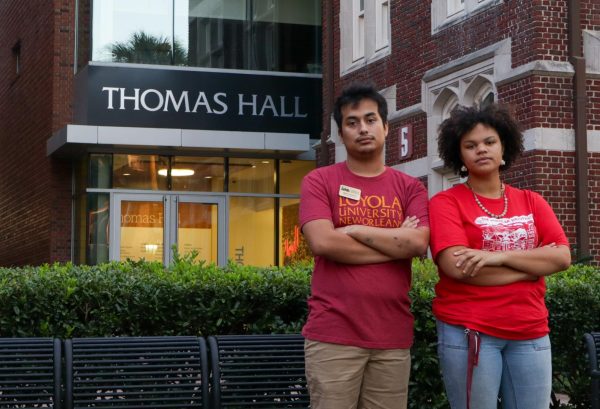
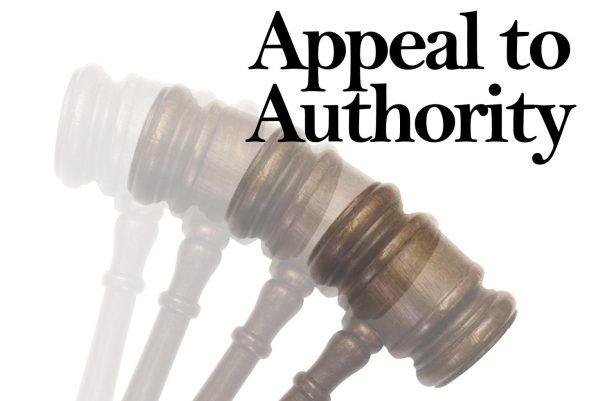

paulette perrien • Jan 4, 2022 at 6:00 pm
Following – $$$ – glass raised.